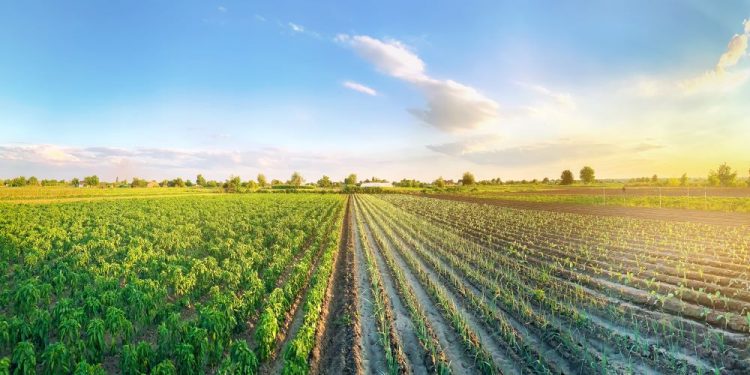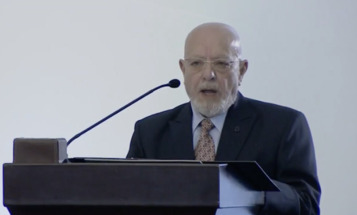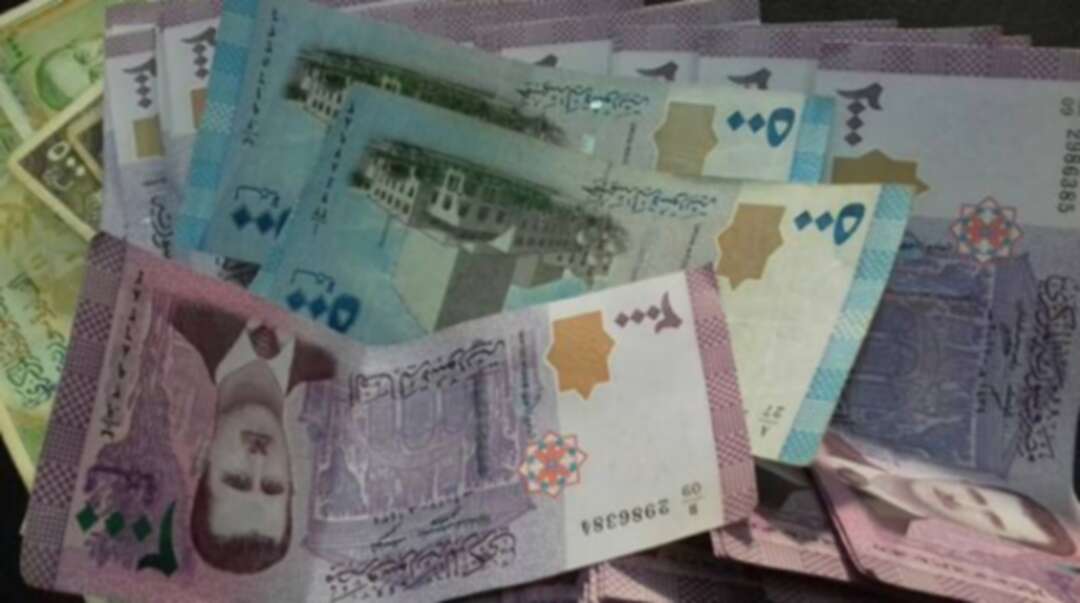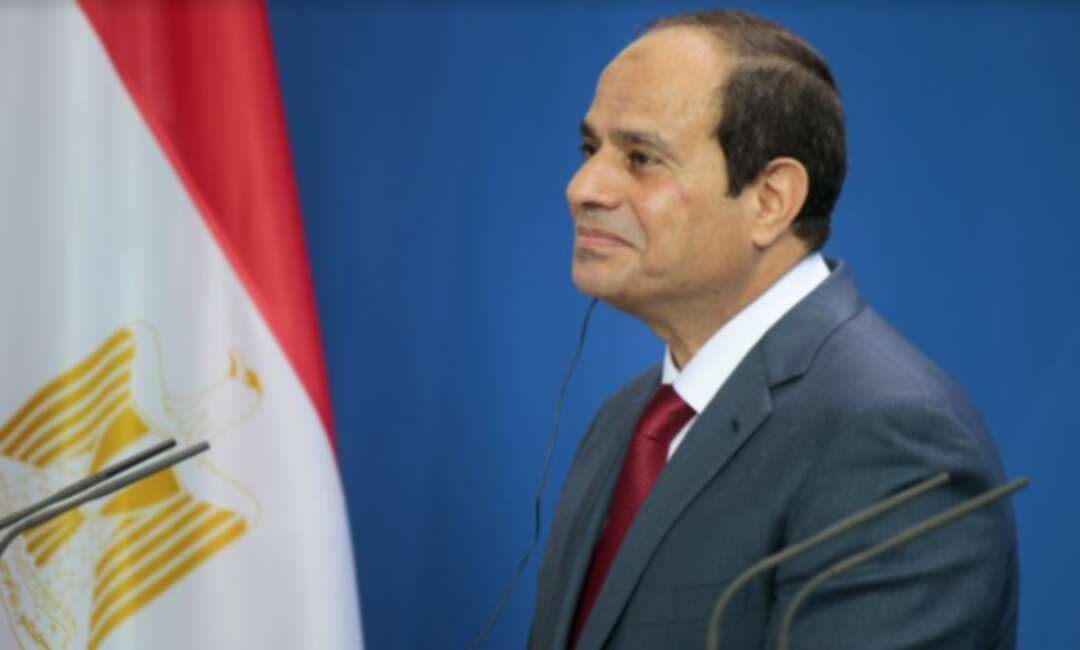-
Tunisian farmers turn to past by planting indigenous seeds to resist climate change

The Arab News reported, Tunisian farmers are turning to the past to ensure a future by planting indigenous seeds as the North African country suffers at a time of drought, disease and climate change.
Maher Medini, from Tunisia’s National Gene Bank said, traditional seeds come from a genetic heritage best suited to the environment.
“They are reservoirs of genes hundreds, if not thousands of years old,” Medini said, adding that the seeds are more resistant to the ever-growing dangerous impacts of global warming.
According to him, climate change is causing challenging variations in rainfall, temperature and humidity, creating disease in the crops.
Medini said: “The foundation of adaptation is diversity.”
According to the Arab News, Wheat varieties developed in the 1980s are being blighted by disease in Tunisia, but farmers say that traditional varieties appear to be more resistant.

It said that in the past, Tunisian farmers used to set aside small part of the indigenous seeds previously harvested to sow in the next season.
It mentioned, the development of hybrid or genetically modified seeds resulted in better harvests, and native varieties largely fell out of use.
However, the problem is that seeds from the new varieties cannot be replanted, and farmers have to buy in more seed every year.
Read more: Millions of people in Syria and Iraq losing access to water, electricity and food
Now some farmers are looking at the methods used by their forebears.
One farmer said: “The new varieties are weak and quickly affected by mold.”
According to the Arab News, because most farmers buying new seeds every season, the country currently imports 70 percent to 80 percent of its seeds each year.
Aymen Amayed, a researcher in agricultural policies said: “A return to local or native seeds is one of the conditions needed to reach food sovereignty.”
Read more: Lebanon entering state of ‘exodus’ as political, economic crises accelerates
Tunisia’s gene bank is working to “reclaim its genetic heritage.”
Since 2008, it has been collecting traditional seeds from farmers, and also working to recover indigenous Tunisian seeds stored in gene banks around the world.
So far, it has been able to repatriate more than 7,000 samples of seeds from fruit trees, cereals and vegetables out of over 11,000 located worldwide.
These seeds are once more being planted in Tunisian soil.
Source: arabnews
You May Also Like
Popular Posts
Caricature
BENEFIT Sponsors BuildHer...
- April 23, 2025
BENEFIT, the Kingdom’s innovator and leading company in Fintech and electronic financial transactions service, has sponsored the BuildHer CityHack 2025 Hackathon, a two-day event spearheaded by the College of Engineering and Technology at the Royal University for Women (RUW).
Aimed at secondary school students, the event brought together a distinguished group of academic professionals and technology experts to mentor and inspire young participants.
More than 100 high school students from across the Kingdom of Bahrain took part in the hackathon, which featured an intensive programme of training workshops and hands-on sessions. These activities were tailored to enhance participants’ critical thinking, collaborative problem-solving, and team-building capabilities, while also encouraging the development of practical and sustainable solutions to contemporary challenges using modern technological tools.
BENEFIT’s Chief Executive Mr. Abdulwahed AlJanahi, commented: “Our support for this educational hackathon reflects our long-term strategic vision to nurture the talents of emerging national youth and empower the next generation of accomplished female leaders in technology. By fostering creativity and innovation, we aim to contribute meaningfully to Bahrain’s comprehensive development goals and align with the aspirations outlined in the Kingdom’s Vision 2030—an ambition in which BENEFIT plays a central role.”
Professor Riyadh Yousif Hamzah, President of the Royal University for Women, commented: “This initiative reflects our commitment to advancing women in STEM fields. We're cultivating a generation of creative, solution-driven female leaders who will drive national development. Our partnership with BENEFIT exemplifies the powerful synergy between academia and private sector in supporting educational innovation.”
Hanan Abdulla Hasan, Senior Manager, PR & Communication at BENEFIT, said: “We are honoured to collaborate with RUW in supporting this remarkable technology-focused event. It highlights our commitment to social responsibility, and our ongoing efforts to enhance the digital and innovation capabilities of young Bahraini women and foster their ability to harness technological tools in the service of a smarter, more sustainable future.”
For his part, Dr. Humam ElAgha, Acting Dean of the College of Engineering and Technology at the University, said: “BuildHer CityHack 2025 embodies our hands-on approach to education. By tackling real-world problems through creative thinking and sustainable solutions, we're preparing women to thrive in the knowledge economy – a cornerstone of the University's vision.”
opinion
Report
ads
Newsletter
Subscribe to our mailing list to get the new updates!






















